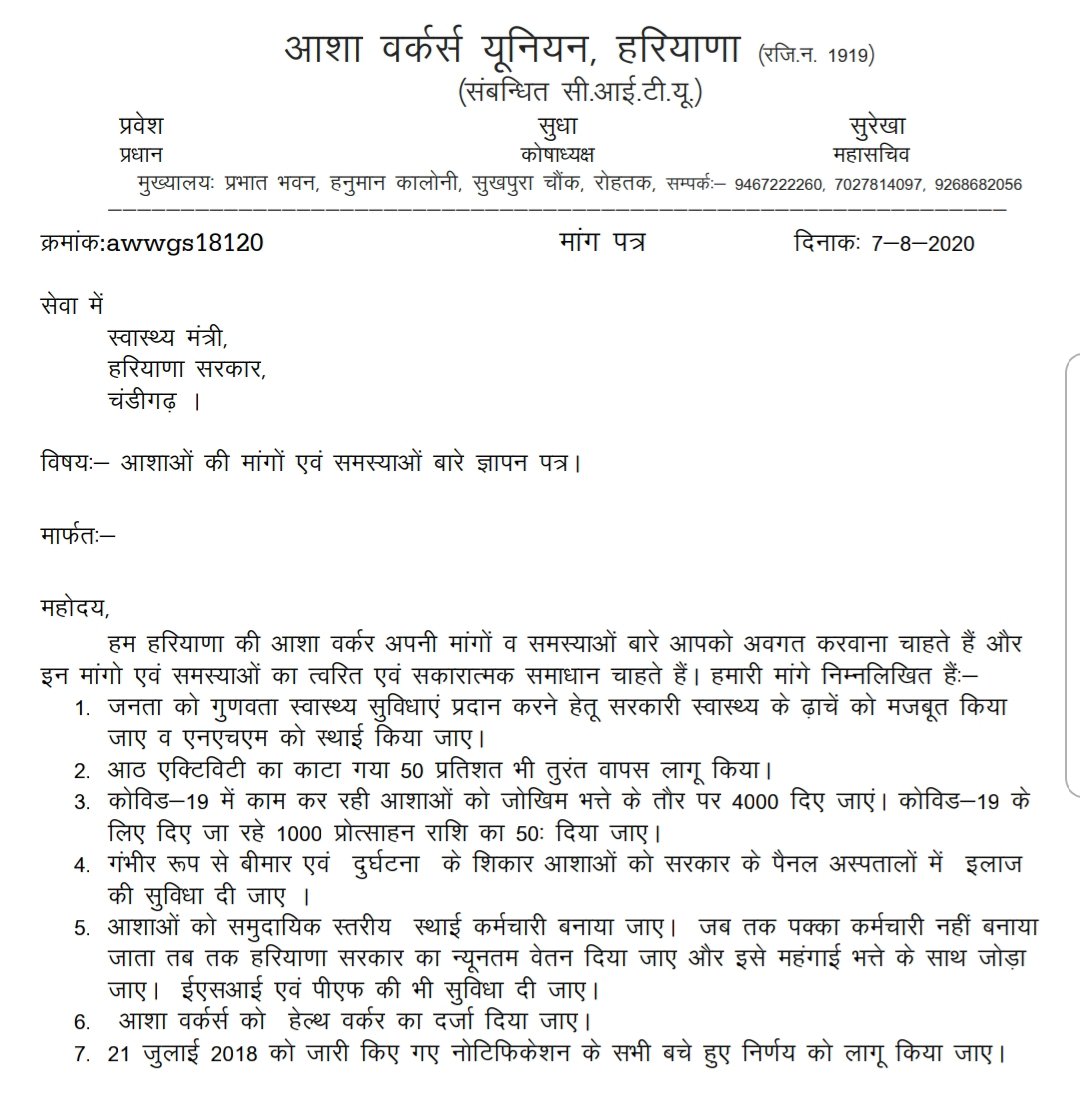#Thread How draft rules Code of Wages Bill affect women workers
Govt of India released draft rules of the Code of wages Bill in July 2020. 1/10
#LabourReforms
Govt of India released draft rules of the Code of wages Bill in July 2020. 1/10
#LabourReforms
Feminist economists and activists say the rules are patriarchal and exclusionary in a consultation by @OxfamIndia. Major points follow 2/10
#LabourReforms
#LabourReforms
The framing in the Code of Wages Bill is exclusionary of other genders. The definition of worker and workplace is male. This also excludes Transgender persons. The wage slip & Form VI to write the Sex/Gender of the person is missing. 3/10
#LabourReforms
#LabourReforms
Two most important Acts – Minimum wages and Equal Remuneration Act, 1976 – that protected/promoted women workers’ rights have been repealed w/o incorporating their provisions in the current wage code. 4/10
#LabourReforms
#LabourReforms
Work done by women is missing in the 600+ skills listed. ‘Skilled workers’ are defined as those with ‘intensive technical or professional training or practical occupational experience’ excluding women who are unlikely to get the opportunities. 5/10
#LabourReforms
#LabourReforms
Minimum wage is calculated on the basis of flawed idea of a ‘family’- spouse and 2 children. This excludes those having more than 2 children, disabled and elderly and female headed households 6/10
#LabourReforms
#LabourReforms
Minimum wage is calculated for 26 workdays/ month. This is discriminatory for informal sector workers, mostly women who do piece rate work. Wages need to be calculated with inclusion of 4 paid weekly holidays. 7/10
#LabourReforms
#LabourReforms
Women’s labour in several sectors is highly invisibilized. The code does not give any clarity for women in the agriculture sector, domestic work or scheme workers i.e Asha & Anganwadi workers who are considered volunteers. 8/10
#LabourReforms
#LabourReforms
‘Workplace’ definition excludes Private homes and hence excludes women such as Beedi workers, Sumangali workers in textile industries, domestic workers, Home Based Workers. An ‘employer’ is defined in an industry setup and excludes SHG run enterprises etc. 9/10
#LabourReforms
#LabourReforms
The Code of Wages makes formal written contracts mandatory. Provisions re. Minimum Wages Act and Equal Remuneration Act will not apply to 70% of urban women workforce who dont have written contracts and those in irregular employment like guest faculty. 10/10
#LabourReforms
#LabourReforms
• • •
Missing some Tweet in this thread? You can try to
force a refresh







